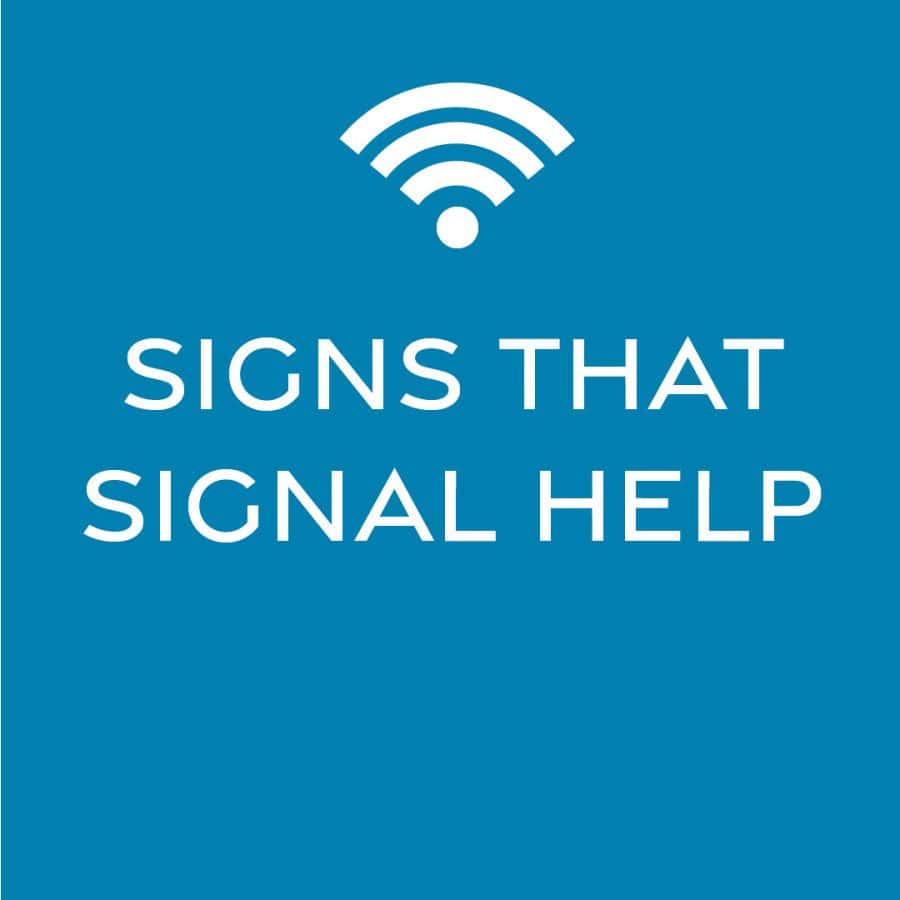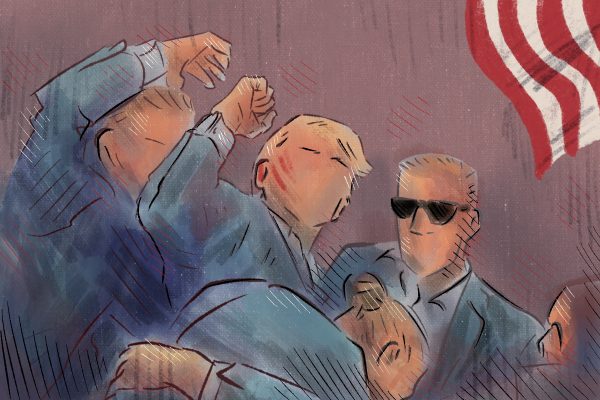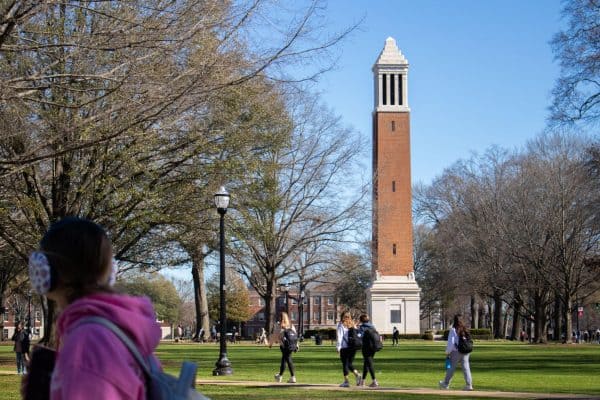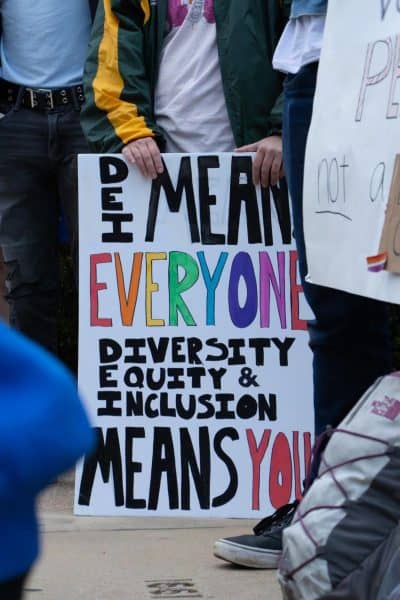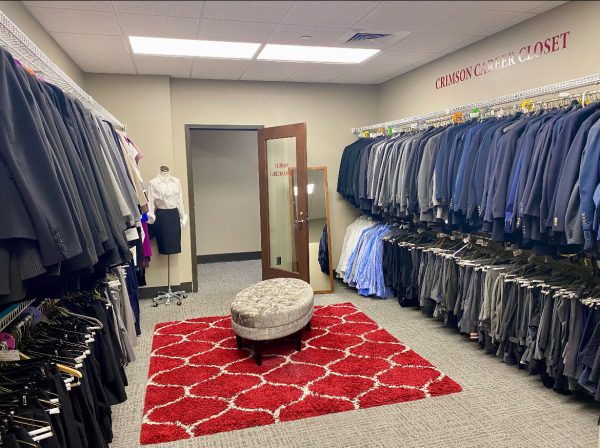The onus is on us to reach out, promote suicide awareness
September 10, 2020
September is Suicide Awareness Month. According to the American Foundation for Suicide Prevention, 90% of those who died by suicide had a diagnosable mental health condition at the time of their death. Let’s talk about it.
When most people hear the word suicidal they automatically associate the word with attention-seeking. But, when those same people hear the word suicide, it’s considered a tragedy, which it is. So, how can society stop the stigmatization of suicidal thoughts and help those at risk?
Let’s start with looking at warning signs that might be seen as normal behavior, especially during a pandemic:
‘Oh she’s just a bit bipolar, tomorrow she’ll be fine.’
Bipolar disorder comes in waves of manic episodes. During these manic episodes, someone might appear to be energetic and willing to do more than usual, but what follows close behind is a crash. Depressive episodes make people fall hard into thoughts they didn’t know were possible the week before.
‘They were missing from our executive meeting today, this is the second time this month. They’re such a flake.’
Depression and general sadness can discourage anyone from going out, but the sudden disinterest in participating in what used to be one’s favorite activities or starting to ditch one’s responsibilities is a major sign that something more is going on.
‘I’ve been drunk like every night this week.’
While the stereotypical college experience is full of parties and drinking, being incapacitated every day is not something that should be skipped over in the discussion of warning signs. Trying to escape one’s reality by getting high every given chance and simply passing it off as college culture is irresponsible and downright terrifying. When people use these substances as a crutch, help them find less toxic aids.
‘There’s a pandemic going on.’ I know. ‘We’re being told to quarantine by ourselves for two weeks.’ I know. ‘So what’s so wrong with self-isolation?’
While the act of self-isolation is becoming more normal by the second, the act of not texting back, answering calls or emails, not hearing from someone for days on end, is not. Yes, people get busy, but that still doesn’t mean they shouldn’t be checked in on.
While people might get irritated, let’s remember that demonizing the already tortured mind helps no one in their fight to recovery. In a time of high self-isolation, I encourage you to reach out to your friends, no matter if there are warning signs present. People need people and that’s okay.
‘Why don’t they just reach out for help?’
The fear of ruining relationships can stop people from reaching out for help. The mind, laced with vicious words about becoming weak and a burden, can tend to trap people in their own personal hell.
The mother who just had a beautiful baby boy could be dealing with postpartum depression, depression suffered by a mother following childbirth, which typically arises from the combination of hormonal changes, psychological adjustment to motherhood and fatigue, according to the U.S Department of Women’s Health. The weight of not being a good mother or the pressure from family members can lead to anyone struggling, so check up on them.
Resources might not always be available. Or, sometimes, people might not have knowledge of any resources available to them. While there is no one size fits all to helping those who struggle day to day and keep these thoughts at bay, there are ways to help. Check in on others, donate to local suicide prevention organizations, participate in suicide prevention walks or be a friend to someone who might really need one.
On-campus resources:
UA’s Counseling Center
Visit 3000 South Lawn Office Building (1101 Jackson Avenue) or call 205-348-3863 during operating hours, or call the UA Police Department at 205-348-5454 and ask to speak with the on-call counselor when the center is closed. You may also text BAMA to 741-741 to talk with a trained volunteer.
National resources:
Suicide Prevention Lifeline
- 1-800-273-TALK (1-800-273-8255)
- 24-hour nationwide
National Graduate Student Crisis Line
- 1-877-GRAD-HLP (1-877-4723-475)
The Trevor Lifeline
- 1-866-488-7386
- The Trevor Lifeline is a service of The Trevor Project, a non-profit endeavor devoted to promoting tolerance and understanding for LGBTQ youth.
- 24-hour nationwide

